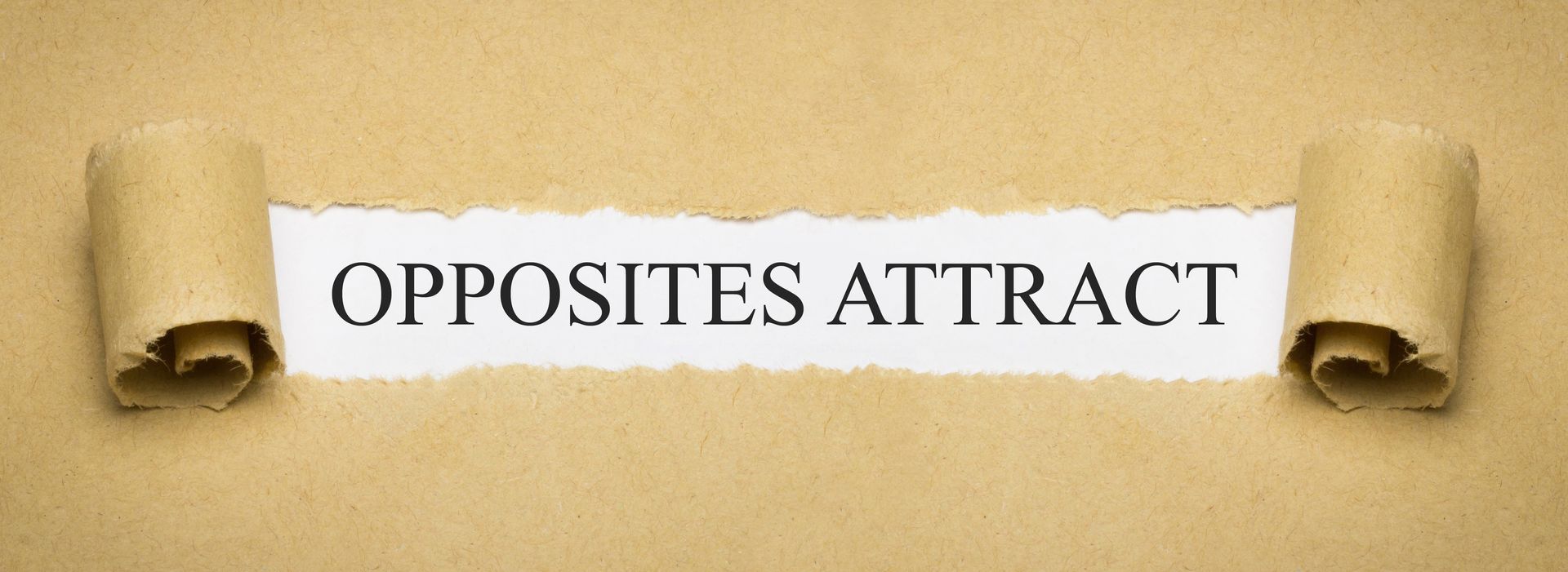The Role of Medication in Panic Attack Treatment: A Comprehensive Guide

The Role of Medication in Panic Attack Treatment: A Comprehensive Guide
Are you tired of feeling like a prisoner to your panic attacks? Do they seem to control every aspect of your life, leaving you feeling helpless and hopeless? If so, it may be time to consider medication as part of your treatment plan. While therapy and lifestyle changes are important components in managing panic attacks, medication can play a crucial role in alleviating symptoms and restoring balance to your daily routine. In this comprehensive guide, we'll explore the different types of medications commonly used for panic attack treatment, how they work, potential side effects, and more.
So let's dive into the world of anxiety medication and take back control!
Introduction to Panic Attacks
If you suffer from panic attacks, you are not alone. In the United States, it is estimated that 6 million adults suffer from panic disorder, with women being twice as likely as men to be affected.1 While panic attacks can be extremely frightening and debilitating, it is important to remember that they are a treatable condition. In fact, many people who receive treatment for panic disorder are able to live normal, productive lives.
There are a variety of treatments available for panic disorder, and medication is often one component of treatment. This article will provide a comprehensive guide to the use of medication in treating panic attacks. We will discuss the different types of medications used to treat panic disorder, how they work, and their potential side effects. We will also provide some general tips on working with your healthcare team to find the right medication for you.
How Medication Can Help with Panic Attack Treatment
There are many different types of medication that can be used to treat panic attacks, and the specific type that is most effective for each individual may vary. However, some common medications used to treat panic attacks include:
- Selective serotonin reuptake inhibitors (SSRIs): SSRIs are a type of antidepressant medication that is often used to treat panic disorder. They work by increasing levels of serotonin in the brain, which can help to reduce anxiety and improve mood.
- Benzodiazepines: Benzodiazepines are a type of anti-anxiety medication that can be effective in treating panic attacks. They work by reducing nervousness and tension, and can help to promote relaxation.
- Beta blockers: Beta blockers are a type of medication that is commonly used to treat high blood pressure. However, they can also be helpful in treating panic attacks by blocking the effects of adrenaline, which can help to reduce symptoms such as heart palpitations and sweating.
Common Types of Medications Used for Panic Attack Treatment
There are a number of different types of medications that can be used to treat panic attacks and panic disorder. The most common type of medication used to treat panic attacks is anti-anxiety medication. Anti-anxiety medication can help to reduce the symptoms of anxiety and panic, and can also help to prevent future panic attacks.
Other common types of medications used to treat panic attacks include beta blockers and tricyclic antidepressants. Beta blockers can help to reduce the physical symptoms of anxiety, such as heart palpitations and shaking. Tricyclic antidepressants can help to reduce the emotional symptoms of anxiety, such as fear and worry.
It is important to work with a doctor or mental health professional to determine which type of medication is right for you. Medication should always be used in conjunction with other forms of treatment, such as cognitive-behavioral therapy, relaxation techniques, and exposure therapy.
Potential Side Effects Associated with Panic Attack Medication
There are a number of potential side effects associated with panic attack medication, and it is important to be aware of these before starting any medication. The most common side effects include headache, drowsiness, dry mouth, and upset stomach. More serious side effects include dizziness, fainting, irregular heartbeat, and seizures. If you experience any of these side effects, you should stop taking the medication and speak to your doctor immediately.
Alternatives to Medication for Panic Attack Treatment
There are many alternatives to medication for panic attack treatment. Some people may opt for therapy, while others may choose to go the natural route with herbs and supplements. Here are some of the most popular alternatives to medication for panic attack treatment:
Therapy: Cognitive behavioral therapy (CBT) is a type of therapy that has been shown to be effective in treating panic attacks. CBT can help you identify and change the thoughts and behaviors that contribute to your anxiety.
Herbs and supplements: There are a number of herbs and supplements that have been traditionally used to treat anxiety and panic attacks. These include chamomile, passionflower, valerian, and kava kava.
Natural remedies: There are a number of natural remedies that can be effective in treating panic attacks. These include relaxation techniques such as yoga and meditation, as well as breathing exercises.
Final Thoughts
In summary, we have discussed the role of medication in the treatment of panic attacks. We have seen that medications can be an effective tool for managing symptoms and helping individuals on their recovery journey. However, it is important to remember that medication should always be part of a holistic approach which includes talk therapy and lifestyle changes such as relaxation and stress management techniques. If you are struggling with panic attack symptoms, speak to your doctor about the most appropriate course of action for you.











